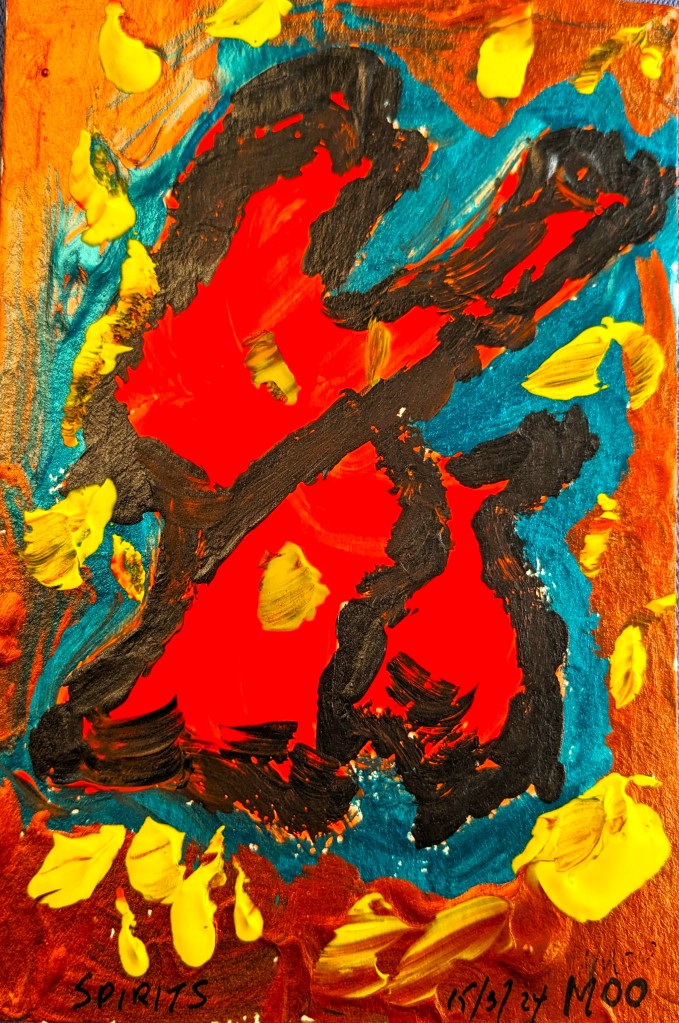
What public figure do you disagree with the most?
Some definitions please. What is a public figure? There are several statues in my local park. Are these public figures? If they are, how do you, or I, disagree with them when they can’t reply to our questions? Their mere presence, is that enough? Their historical past? Their figures now cast in bronze or stone? The crimes they committed (in our current opinion) from a time in which they did good (their society’s position)? “Judge not lest ye be judged!” We are all walking on thin ice and I do not wish to be the one who casts the first stone.
What is a public figure? A politician – provincial, regional, national, international? A TV personality? A film star? A rapper? A musician? A teacher? A preacher? A newscaster? A hockey player? A baseball star?
And how do you define disagreement? How do you disagree, and in what ways, with Beethoven’s Ninth Symphony and the Song of Joy, even if you are a Beatle and can sing “Roll over Beethoven” or mimic it on a Tuesday night in the local bar at a Karaoke show?
How do you define the most without defining the category and nature of disagreement? Mozart vs Bach vs Beethoven vs Vaughan Williams? Wordsworth vs Byron vs Donne vs Dylan Thomas? So let us go back to the beginning, and ask again “What is a public figure?” “How do you define disagreement? And how do you categorize “the most”?
Goya vs Velasquez vs Turner vs Dali vs Picasso?
“What’s the definition of Baroque?” “When you’re out of Monet.” Come on, you’re joking, aren’t you. “You’re having me on, aren’t you? You’re having me on.” “Pull the other leg. It’s got bells on.”
And I offer a nod of gratitude to The Two Ronnies and my good friend, Moo, who painted the painting that leads into this blog. He called it “In search of enlightenment.”
And no, I don’t disagree with him. But is he a public figure? Or just a figment of my imagination? And if he is a figment of my imagination, what, dear reader, are you?








